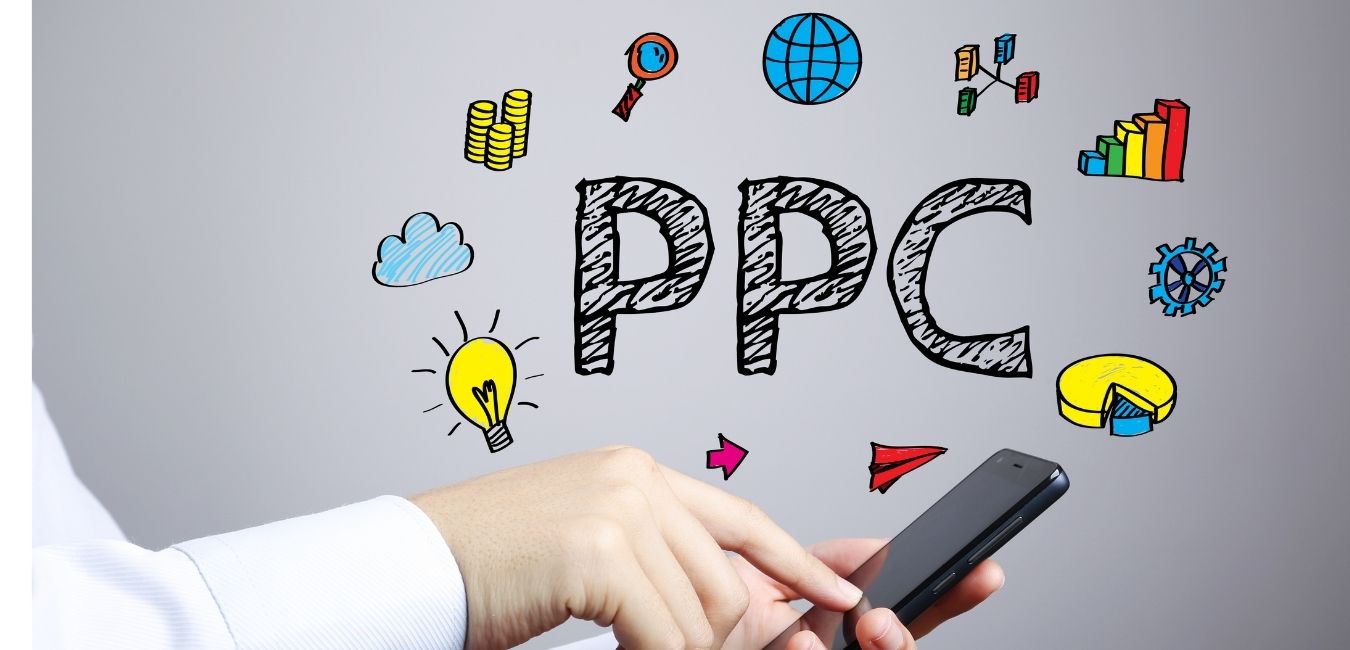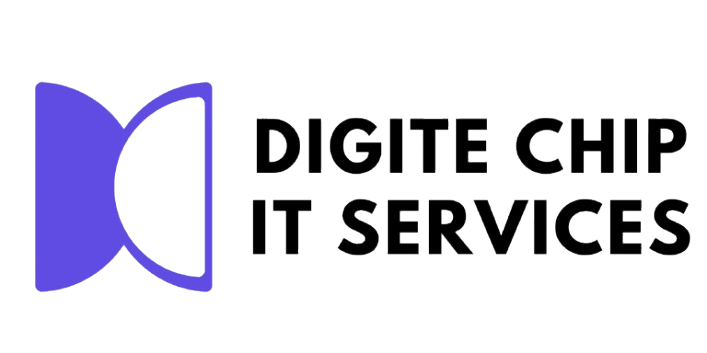
Advertisers who utilize the pay-per-click (PPC) Internet advertising approach pay publishers when people click on their adverts. Based on target demographics, platforms, and keywords, ads place bids on the click-through value. Advertisers pay publishers when consumers click on their adverts in the pay-per-click (PPC) online advertising model. Ads set bids on the click-through value based on keywords, platforms, and target audiences.
PPC, also referred to as cost-per-click (CPC), is most frequently utilized by search engines like Google Ads and on social media sites like Facebook, Instagram, and TikTok. PPC is also frequently used by affiliate marketers and bloggers to run display ads on their websites.
How do PPC, SEM, and SEO differ from one another?
There are distinctions between PPC, SEM (search engine marketing), and SEO (search engine optimization), even though these three phrases are sometimes used interchangeably.
PPC is included under the general term "SEM," however, it is not the sole type of advertising. It alludes to initiatives aimed at enhancing search engine optimization for website discovery. SEM includes organic traffic (SEO), PPC, and paid and unpaid advertising.
PPC refers to online advertising that is compatible with search engines as well as other platforms like YouTube video advertisements and Instagram/Facebook image ads.
The process of improving a website's content and architecture to increase search engine visibility is known as search engine optimization or SEO. This is accomplished by keyword research and usage, metadata optimization, content creation, and obtaining links from other websites. Enhancing a website's organic (non-paid) search engine ranks and increasing website traffic through organic search results are the two main objectives of SEO.
How does google ppc work
PPC advertisers can bid on certain keywords or phrases to have their ads appear in search engine results. When a user searches for one of these words or phrases, the advertiser's ad will appear in the top results. A fee is thereafter assessed each time a user clicks on the advertiser's advertisement.
Advertisers create campaigns to target specific locations, hobbies, demographics, etc. If they wish to target any term, then they will select a maximum bid.
The search engine will then decide which ads to display and in what sequence using an advanced algorithm. The following variables are taken into consideration by the algorithm:
- The bid amount of the advertiser
- Ad's pertinence to the keyword
- The advertisement's quality
- Campaign planning and PPC strategy
- Leading PPC networks
- How to become proficient in PPC
Social media sites like Facebook and Instagram can also be used for this type of advertising.
PPC (Pay Per Click) Advertising Benefits
In the current digital environment, pay-per-click (PPC) advertising becomes a guiding light for companies looking to outperform their rivals. In a world where every click is a possible client and every ad placement is a step closer to success, this blog sets out to investigate the significant effects of PPC marketing. PPC services in India are essential for growth and visibility; they are not merely a choice.
Here are some benefits of PPC advertising in Digital marketing:
- Cost-effective: It can be an excellent investment because you only pay when a user visits your website. Spending as much or as little as you like is up to you.
- Targeted: You can select your target based on demographics such as device, language, and geography.
- Measurable: PPC campaigns can be configured to meticulously assess their efficacy. The precise amount of your return on investment can be ascertained.
- Customisable: Depending on what works best, you can make a lot of minor changes as you run your campaigns.
- Training resources: To assist you in improving your abilities, there are a lot of online courses and training materials available, many of which are free.
- Fast: You will see the effects of your PPC efforts practically immediately. It may take months for organic search engine optimization (SEO) strategies to start showing results.
Types of PPC ( Pay Per Click) advertising
There are several choices for online advertising that charge you for each click on your website.
Search engine marketing that is paid
Pay-per-click has most popular forms is One of the most popular forms of pay-per-click (PPC) advertising is paid search marketing. Users who search for specific keywords are shown your ad by providers like Google AdWords and Bing Ads. Writing ad wording, picking pertinent keywords, and deciding on an appropriate landing page for your website are the steps involved in campaign setup.
Display marketing
Display advertising is text, graphic, or banner advertisements that are chosen to target specific audiences and show up on various websites. Your website will be linked in these advertisements. Although they often yield a lower click-through rate than search advertisements, they can be helpful in increasing brand recognition.
Advertising on social media
There are a lot of people on social networking sites like Facebook who might become your clients. On these platforms, PPC advertising can assist you in increasing website click-through rates. Campaigns can assist spread the word about your goods and services. Targeting particular interests and demographics is possible with the channels.
PPC advertising retargeting
Retargeting shows users targeted advertisements based on their past online behaviour by using cookies on their browser. Another name for it is remarketing. For instance, a user looking for vacations might see display advertisements for the newest offers from a travel agency. Retargeting can be included into:
- campaigns for display advertising
- campaigns for search engine advertising
- campaigns for social media advertising
- email advertising
Advertising on price comparison websites
Websites that compare or aggregate pricing compile and provide rates and discounts from several suppliers. Websites that compare hotels or insurance fall under this category. Customers purchase straight from the retailer or the price comparison website after clicking on the offers that catch their attention.
This can help you use your PPC money more strategically. Websites that compare prices give you access to qualified leads, or clients who are specifically searching for a product or service similar to yours. These websites have the drawback of putting you up against rivals.
Various PPC solutions are available on price comparison websites. If you utilise click-through rates, you should compare them to your conversion rate.
Affiliate advertising
PPC advertisements that promote your goods or services are made by affiliate marketers and posted on:
Price comparison websites, specialised content websites, and highly trafficked websites are all ranked by search engines.
A performance-based payment mechanism, such as Cost per Action, is used in affiliate marketing. Payment and results are tightly related. Programs for affiliate marketing can be set up and run internally. Another option is to outsource to a third-party supplier, such as affiliate network.
Successful affiliate marketing can take a lot of work and requires constant maintenance. Other dangers include competitive keyword bidding by affiliate networks on your brand terms and bad ad placement, which can lead to poor response or reputational harm.
Conclusion
PPC advertising is a digital marketing tool that gives you instant traffic, a targeted audience, and measurable results. You only pay when someone clicks on your ad — meaning you only pay when you get a result.
Whether you're a small business or a large brand, Pay-Per-Click ads can get your products or services to the right people instantly. And when you combine it with SEO and content marketing, your online visibility becomes even stronger.
If you're looking to grow your online business and want quick and accurate results, PPC is a smart and effective strategy.
